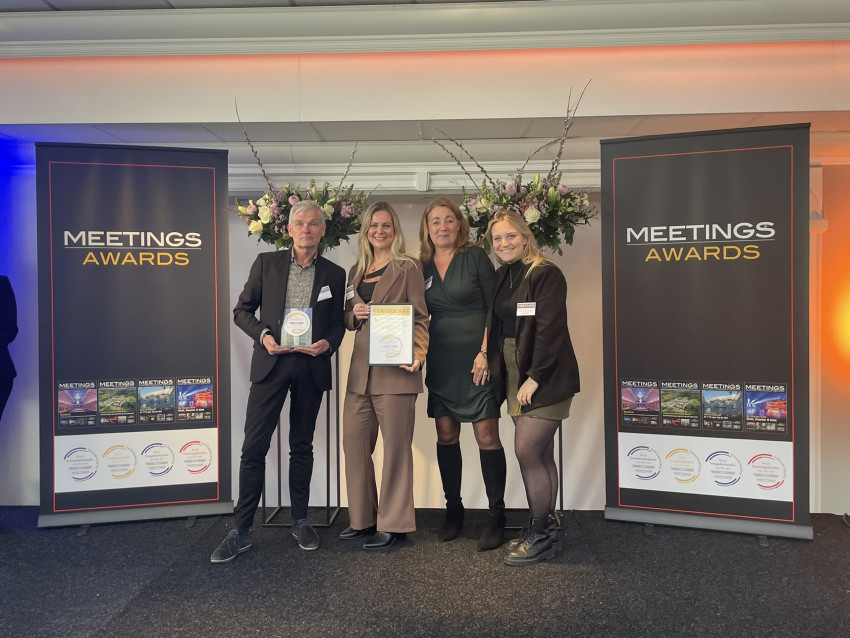
European defence cooperation on education, training and simulation has many important advantages to enhance skills, share European military culture for our military men and women, and reduce costs.
Photo: MoD NL
View or Download report.
European defence cooperation on education, training and simulation has many important advantages to enhance skills, share European military culture for our military men and women, and reduce costs. The importance of cooperative training and the intention to make training an element of the permanent structured cooperation has been agreed in the Lisbon Treaty. This intention was reinforced in more recent papers on European cooperation like the EU global strategy for defence and security, but omitted in the European Defence Fund. Simulation technology for training was never mentioned.
Hence, we believe cooperation on education, training and simulation needs more attention.
Members of EURODEFENSE and EDTA associations in Belgium, France, Netherlands, Spain and the UK collectively have compiled a brief report on the most important potential areas of cooperation as well as technological and funding opportunities.
Main conclusions of the report are that cooperative education and training steeply improves procedural and cultural interoperability in the European armed forces. It promotes similar responses to the same situation and facilitates mutual understanding, integration and team building. For individual military men and women it builds lifelong personal networks that will help them to better understand their fellow Europeans. Technical developments have made simulation more realistic than actual training and exercises in many cases.
Recommendations are:
1. Stimulate European education exchange programmes throughout all Member States. Especially in regions with overlapping cultures and bridgeable language barriers.
2. Better organise training throughout Europe. Actual training and exercising should be integrated in just a few major European Commands.
3. Realistic training using advanced simulation systems should be stimulated Europe wide and a European technological advantage in this area should be pursued.
4. Some simulated training can only be performed in large and complex facilities. These could be established by private funding and their use shared between military and other users on a pay-per-use basis.




